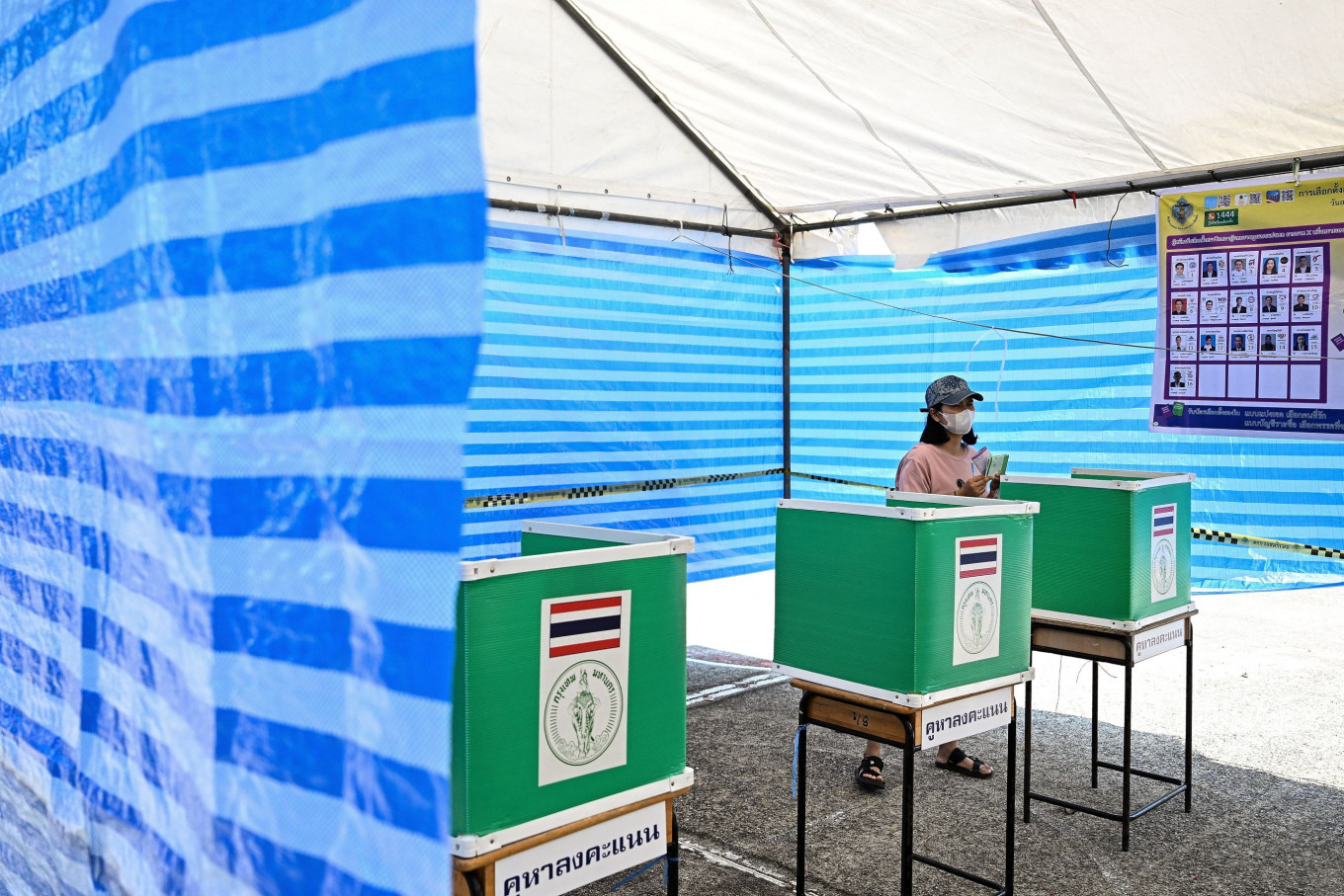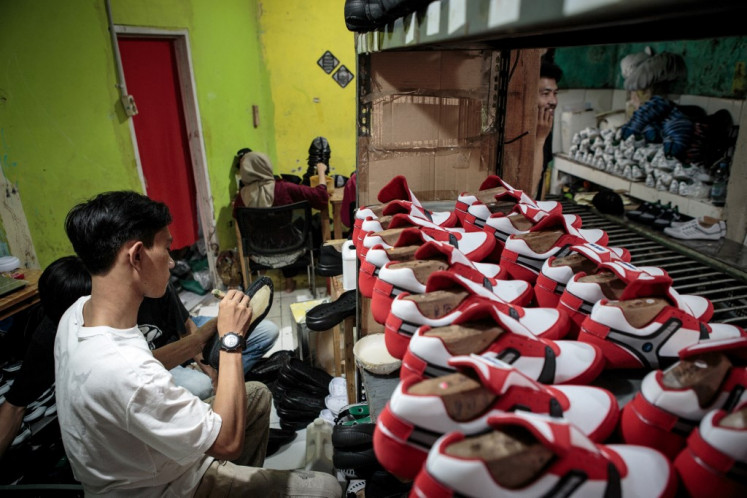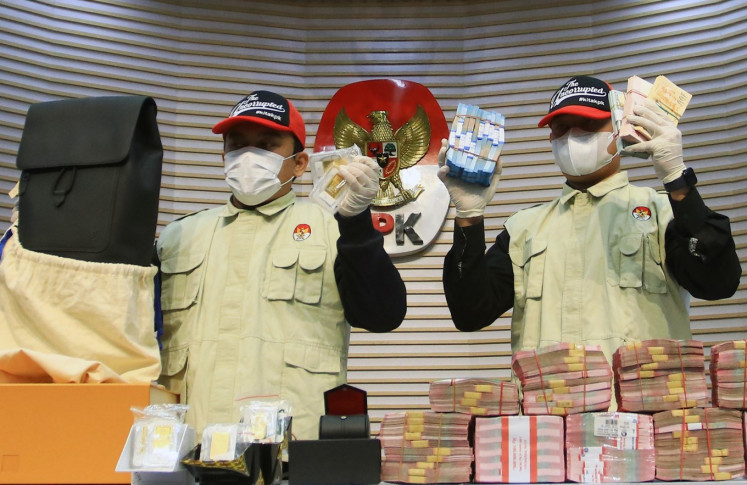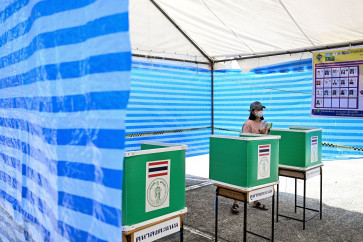Popular Reads
Top Results
Can't find what you're looking for?
View all search resultsPopular Reads
Top Results
Can't find what you're looking for?
View all search resultsThailand election: Orange sway turns the impossible into the inevitable
Amid high hopes for a new Thailand, and in spite of the united opposition front, pundits are again returning to their risk-averse mantra that the Move Forward Party will not be allowed to govern.
Change text size
Gift Premium Articles
to Anyone
F
or months, predictions have been made of the possible change-making results of the general election held in Thailand on May 14. The common conviction of pundits of different faiths as well as of the majority of ordinary citizens was that the voters may challenge the unpopular leadership of Prayut Chan-o-cha.
The former general seized power almost a decade ago with a coup that installed the National Council for Peace and Order (NCPO) military government in 2014 and was appointed as prime minister in 2019 following a heavily rigged election in favor of the pro-army parties.
The power seizure was just the last of a series of coups interrupted by shaky returns to democracy, the first initiated in 2006 to oust populist prime minister Thaksin Shinawatra – a billionaire tycoon admired for his pro-poor policies, especially among the rural population in Northern Thailand, who left into exile to avoid a raft of corruption charges.
Whether at the time there was a surprising level of collective acceptance for the undemocratic turn of events in Thai society, misgovernance, economic woes and growing human rights abuses coupled with a higher degree of political acumen, especially among the young generation, have gradually led to widespread rejection of the military-aligned rule. While the extent of such sentiment is difficult to measure, polls inevitably forecasted the loss of the incumbent.
There was also agreement that of the two main opposition parties, identified in color codes as red for the Pheu Thai Party and orange for the Move Forward Party (MFP), it would be the former headed by Thaksin’s daughter Paetongtarn Shinawatra that would take the lead due to its loyal supporters and welcome promise of more pro-poor policies.
The MFP, the de facto successor of the junta-dismantled Future Forward Party, although extremely popular among urban youth was considered only as a potential second. This in spite of it gaining poll and media attention for the energized campaign of its charismatic leaders, both party head Pita Limjaroenrat and the movement initiator Thanathorn Juangroongruangkit (himself banned from seeking electoral posts for 10 years due to misuse of electoral law) and a score of highly motivated candidates who went door-to-door to engage voters.
As the argument went, the majority of the older Thai population would be weary of the party’s more radical agenda, including the abolishment of military conscription and the reform of the lèse-majesté provision under Article 112 of the penal code.



















